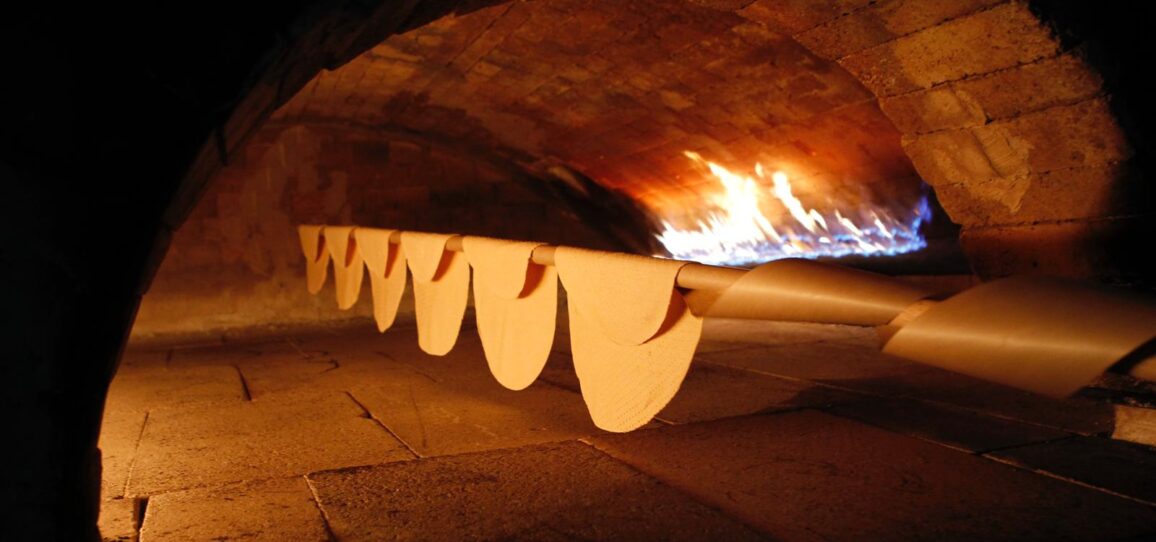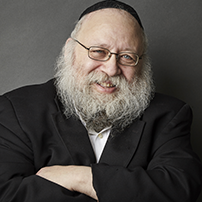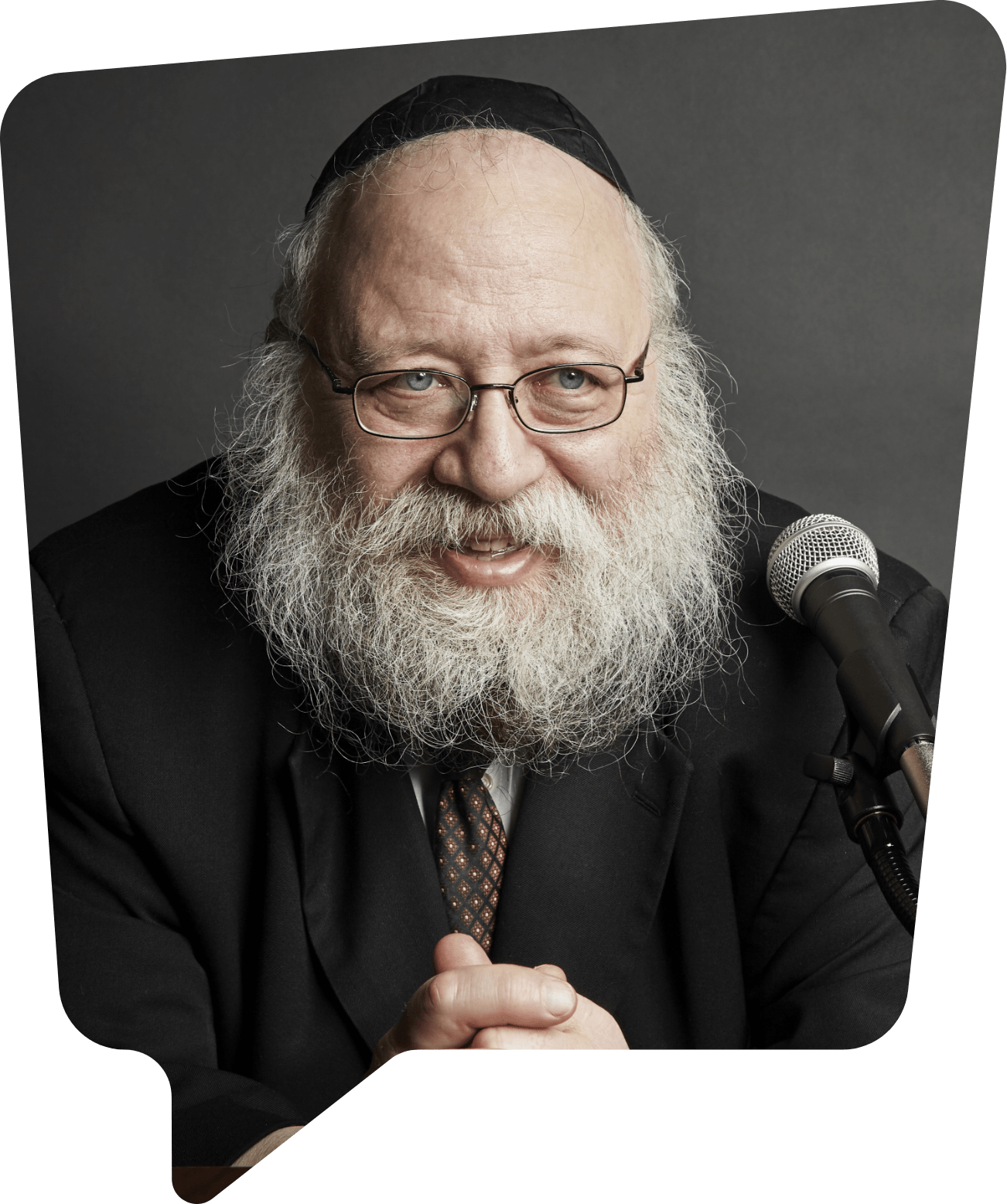
GO NORTH?!
Following the meal, we eat the Afikoman (the larger half of the middle Matzah that we broke and then hid away in Yachatz). Tzofon means “hidden.” It also means “north,” where it’s cold and it symbolizes those areas which are seemingly devoid of spirituality. Indeed, the prophet tells us that “From the north (mitzafon) shall the evil come forth.”
There are two forms of evil: One that is overt and in your face. The other is subtle and insidious, sometimes hiding behind a veneer of righteousness. Clearly, the latter form of evil is much more difficult to eradicate because it is so difficult to find.
The Afikoman that we eat at the end of the meal is designed for precisely this purpose; to search for and expose the hidden evil and expunge it.
HIDDEN EVIL
In Passover terms, this means that even when we have successfully extricated ourselves from the internal Mitzraim (the Hebrew word for Egypt that also means straits or confinement, as mentioned above), there might still be a deep-rooted spiritual Mitzraim that cannot be removed at the beginning of the Seder.
Only as we get to the end of the meal, having fulfilled all the other obligations, can we successfully reach and remove even that hidden evil.
Parallel to that hidden evil is the hidden good that will be revealed in the future, as King David states in the Psalms: “How abundant is the good that You have hidden (tzafanta) for those who fear you.” The same root for the word “north” and “hidden” is employed here in the context of the hidden good that will be revealed in the Messianic Era.
At this juncture, we are about to make the transition from the past redemption to the future. Here, it does not suffice to deal with our conscious faculties. We must begin to excavate and remove [even] the hidden sources of evil even as we touch the hidden and heretofore elusive forces of good.
How does one access the hidden parts of our consciousness?
The first answer is by observing the Mitzvot that are associated with Passover, specifically, the eating of the Afikoman at the end of the meal. Whether we feel it or not, it empowers us to achieve that objective.
In addition, the power to accomplish this exists throughout the year, specifically, through the study of the inner dimension of Torah which touches the deeper unconscious level of our soul.
But, on the night of Passover, eating the Afikoman (that was hidden until now), in place of the Paschal lamb, gets us started and activates the hidden inner spark of our soul.


